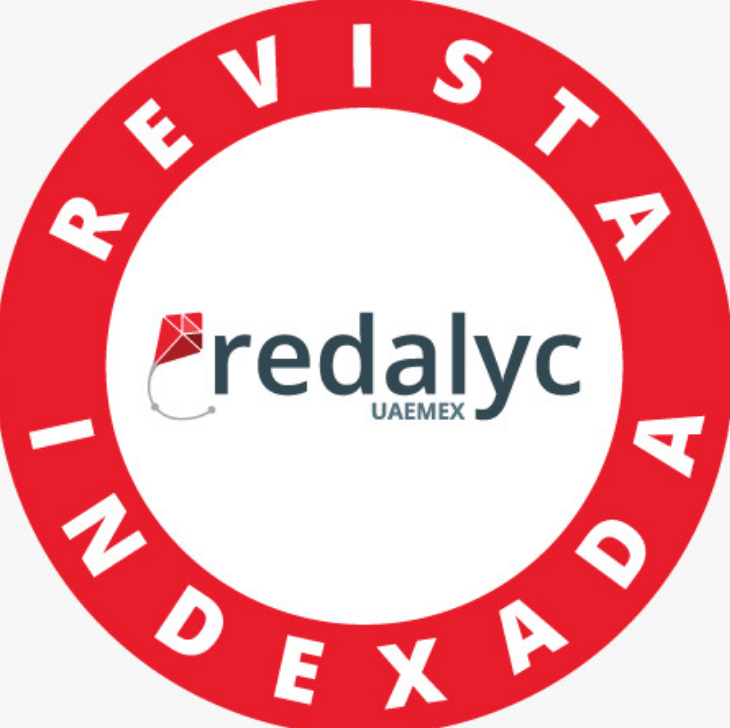Data Domain Servitization for Microservices Architecture
Keywords:
Servitization, Granularity, Data Segmentation, Microservices, Data Architecture, Microservices ArchitectureAbstract
Microservices have emerged as a software design paradigm where small, autonomous services interact to meet business requirements. However, transitioning from monolithic systems to microservices presents challenges, especially when multiple subdomains share transactional tables to maintain referential integrity across separate databases. Ensuring each microservice handles business data while adhering to ACID properties (atomicity, consistency, isolation, durability) is crucial.
This requires unique, consistent, and low-dependency data from a business domain perspective. A Systematic Literature Review (SLR) is a secondary research method used to evaluate the current body of scientific literature.
It helps identify existing work, highlight research gaps, and propose new research directions. In software engineering, SLRs offer a comprehensive overview of studied research areas. This article reports an empirical study based on a systematic literature review aimed at identifying modeling techniques for segmenting data structures during microservice design. The review found limited methods to address the appropriate level of data granularity per microservice. These findings highlight a need for further research into processes and methodologies that can effectively handle data segmentation and consistency within microservice architectures.
Downloads
Published
Issue
Section
License
Copyright Notice
Authors who publish this journal agree to the following terms:
- Authors retain copyright and grant the journal right of first publication with the work simultaneously licensed under a Creative Commons Attribution-Non-Commercial-Share-Alike 4.0 International 4.0 that allows others to share the work with an acknowledgement of the work's authorship and initial publication in this journal.
- Authors are able to enter into separate, additional contractual arrangements for the non-exclusive distribution of the journal's published version of the work (e.g., post it to an institutional repository or publish it in a book), with an acknowledgement of its initial publication in this journal.
- Authors are permitted and encouraged to post their work online (e.g., in institutional repositories or on their website) prior to and during the submission process, as it can lead to productive exchanges, as well as earlier and greater citation of published work.
Disclaimer
LAJC in no event shall be liable for any direct, indirect, incidental, punitive, or consequential copyright infringement claims related to articles that have been submitted for evaluation, or published in any issue of this journal. Find out more in our Disclaimer Notice.











